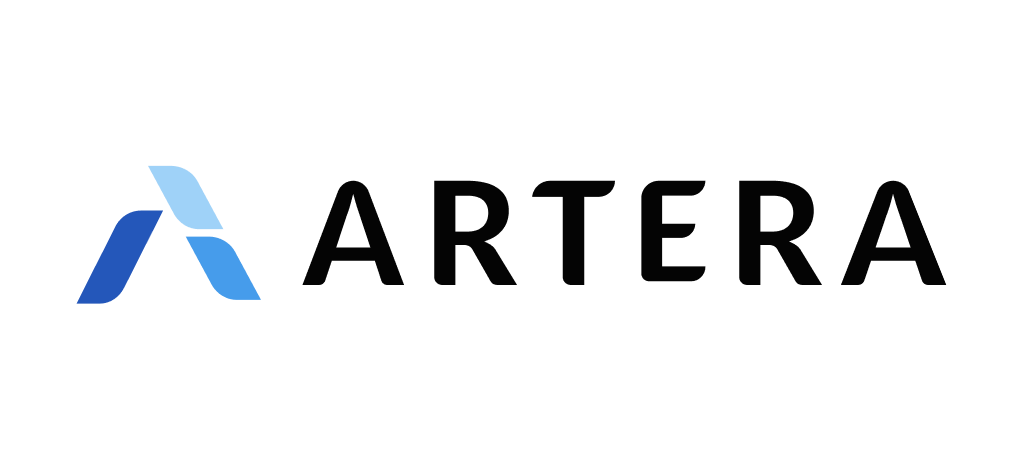Optimizing Freight Logistics with Machine Learning and Outerbounds







Platform maintenance: No operational overhead for managing ML infrastructure.
Uptime stability: Consistent performance with no disruptions using Outerbounds.
Full adoption: Entire team now uses Outerbounds for ML and data workflows.
Flexport, a global logistics platform, aims to simplify global commerce by managing supply chains more efficiently. As part of this mission, Flexport integrates real-time logistics, warehousing, and trucking data. Within Flexport, Marc Millstone leads the developer, analytics, and platform teams, with a focus on the Convoy trucking platform. Convoy specializes in connecting small-scale trucking operators with freight loads, providing better prices and high-quality service.
Marc's technical background includes a PhD in large-scale optimization, supercomputing, and extensive experience in managing Kubernetes and machine learning (ML) platforms at scale. His passion for using cutting-edge technology to simplify processes made him a natural fit for overseeing Flexport’s complex data and ML infrastructure.
Managing Custom Training Systems and Workforce Constraints
Prior to adopting Outerbounds, Marc and his team faced several critical challenges at Convoy. Their machine learning training system was built in-house on ECS, limited to supporting single-step workflows, and demanded constant maintenance. Marc’s team had to not only fix bugs in this custom ML system but also maintain the infrastructure, consuming valuable engineering time.
Convoy’s custom-built solution was not a competitive advantage; rather, it became a liability. Marc explained, "I don't like philosophically putting any energy into making something better which doesn't need to exist. Our machine learning orchestration platform is not a competitive advantage—it's how we use it that matters."
Additionally, Marc’s team faced growing constraints. When he first joined in July 2021, the team had already been reduced from 40 to 20 people. The shrinking workforce meant they needed a robust, reliable solution that allowed the team to focus on higher-impact tasks without being bogged down by infrastructure management.
Outerbounds as a Managed, Scalable Platform
Marc and his team turned to Outerbounds, a managed machine learning platform that builds on top of Metaflow. While Marc was aware of Metaflow’s open-source framework, he opted for Outerbounds due to its additional capabilities and managed services, which aligned with his vision of using best-in-class tools to eliminate distractions.
Marc highlighted his decision-making process: “Metaflow was the best-in-class tool, and Outerbounds offered the right managed approach to free us from infrastructure maintenance. It allowed us to shed distractions and focus on building value.”
The key motivations for adopting Outerbounds were clear:
- Focus on Core Competencies: Marc's team could now concentrate on delivering real impact without worrying about managing the ML orchestration platform.
- Operational Efficiency: Outerbounds provided a more stable and usable platform, allowing the team to reduce custom training infrastructure and operational overhead.
- Alignment with Vision: Outerbounds' shared philosophy of integrating machine learning and data flows resonated with Marc's long-term goals.
Despite the team’s reduced size, Outerbounds empowered them to continue deploying machine learning models efficiently. Marc described the system as "easy to use," allowing his developers to build better, more modular ML workflows with fewer resources.
Improved Workflow and Increased Efficiency
Since implementing Outerbounds, Flexport has seen significant improvements in their ML operations. One of the most notable outcomes is the near elimination of time spent on platform maintenance. The integration of Outerbounds has streamlined training workflows, allowing the team to focus on strategic problems rather than on MLOps infrastructure.
Marc noted, "The best compliment I can give is that I don't think about the platform anymore. It just works. We don't need to worry about uptime issues or stability—everything is handled."
Additionally, Outerbounds introduced key functionalities, such as cost reporting, that enabled the team to optimize resource usage. Marc highlighted how Outerbounds helped them refactor their workflows: "We used to load data inefficiently on GPUs for hours. Now, with Outerbounds, we’ve broken that process into smaller steps, using CPUs where appropriate and reducing the load on expensive GPUs. This thoughtful design and cost optimization wouldn't have been possible without the clear feedback Outerbounds provides."
By shifting away from custom systems to a robust managed platform, the team also saw increased adoption of machine learning workflows across different departments. "We’re seeing organic adoption from other teams within the organization for non-scientific tasks, like data integration. People are using Outerbounds to run Python code, interact with APIs, and manage data pipelines, which speaks to how intuitive the platform is."
Flexport's journey with Outerbounds has been a success story of doing more with less. Despite a 50% reduction in team size, Flexport has maintained — and even expanded — its machine learning capabilities, focusing more on business value than platform maintenance.
Key successes include:
- Operational Efficiency: Outerbounds eliminated the need for in-house platform maintenance, reducing the operational overhead to nearly zero.
- Improved Workflow Design: The team now builds better machine learning models with smaller, reusable steps, optimizing for cost and time.
- Strategic Focus: With Outerbounds managing the platform, the team can focus on delivering business impact, such as better cost predictions and fraud detection.
Looking ahead, Flexport plans to expand its use of Outerbounds to integrate data and machine learning workflows further, improving real-time logistics and pricing decisions. "We're deploying our first DBT flows this week, and the integration between data and machine learning workflows is a vision we've shared with Outerbounds from the beginning," Marc explained.
Ultimately, Outerbounds has allowed Flexport to build a sustainable, scalable machine learning platform that meets the demands of real-time logistics while freeing the team to focus on innovation.
Start building today
Join our office hours for a live demo! Whether you're curious about Outerbounds or have specific questions - nothing is off limits.












